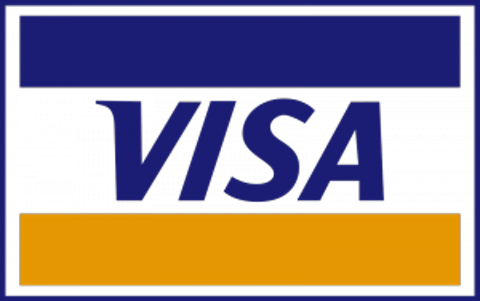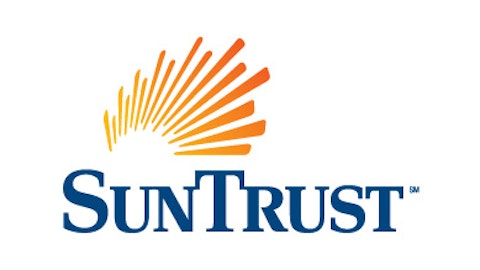Payment giant Visa Inc (NYSE:V) took a walloping yesterday, losing 10% of its share value in just a few hours following a judicial decision striking down the current cap on debit card swipe fees.

The real issue behind the ruling
When the Dodd-Frank law took a look at debit card interchange fees back in 2011, the charge imposed each time a customer swiped his card was around $0.44. Since then, the fee has been capped at $0.21 per transaction, but retailers sued, claiming the original cap envisioned by Congress was much lower. In fact, the initial cap proposed by the Federal Reserve — the target of the lawsuit — was $0.12, but was increased when banks pressured the Fed to bump it up.
Though you might expect retailers to experience some savings from the new, albeit higher-than-expected cap, the group claims that their costs have actually increased. For stores that process small purchases, for example, the days of negotiating tiny swipe fees for minuscule purchases are now in the past, thanks to the fee-cap law — which retailers claim unfairly inflates each debit card transaction.
Who benefits from swipe fees?
But in reality, it’s not companies like Visa Inc (NYSE:V) and Mastercard Inc (NYSE:MA) that make the lion’s share of the profit from interchange fees. Banks pay the card companies to use their system, but the card issuers set the fees. They also collect them, forwarding the money to the card-issuing banks.
This is not a surprise, since it was intense lobbying by banks that prompted the Fed to raise the cap by $0.09 in the first place. Banks like Bank of America Corp (NYSE:BAC), Citigroup Inc (NYSE:C), and JPMorgan Chase & Co. (NYSE:JPM) are some of the biggest card-issuing banks, and the industry claims that reducing the cap will impact their interchange fee revenue by 45%. Analysts interviewed by Forbes estimate that Citigroup Inc (NYSE:C) and JPMorgan Chase & Co. (NYSE:JPM) won’t feel the pinch very much, but Bank of America Corp (NYSE:BAC) could see its core earnings per share dented by as much as 3.6% if the cap is lowered to 12%.
Visa won’t stay down for long
The ruling hit Visa Inc (NYSE:V) hardest since Mastercard Inc (NYSE:MA) makes less of its revenue from debit cards than its rival. But neither card purveyor should suffer economically from a change in the interchange cap — which will stay as it is until this issue is resolved, anyway.
While it is certainly possible that banks would try to renegotiate the fees they pay to Visa Inc (NYSE:V) and MasterCard to use their networks if a smaller cap is instituted, the relationship is at least as lucrative to banks as the card companies, and I don’t think putting that situation at risk is something banks have on their priority lists. Banks have an uncanny talent for making up revenue lost to regulation, at any rate — just look at the pots of money they are still raking in on overdraft fees.
I believe that, once this news is digested, Visa Inc (NYSE:V) shares will rebound. After all, it wasn’t much more than one week ago that Visa presented investors with sweet second-quarter earnings, beating estimates on both earnings and revenue. I don’t see this blip bothering the credit card giant for very long at all.
The article Here’s Why Visa Stock Will Rally Despite Swipe-Fee Fracas originally appeared on Fool.com and is written by Amanda Alix.
Fool contributor Amanda Alix has no position in any stocks mentioned. The Motley Fool recommends Bank of America, MasterCard, and Visa. The Motley Fool owns shares of Bank of America, Citigroup, JPMorgan Chase, and MasterCard.
Copyright © 1995 – 2013 The Motley Fool, LLC. All rights reserved. The Motley Fool has a disclosure policy.



